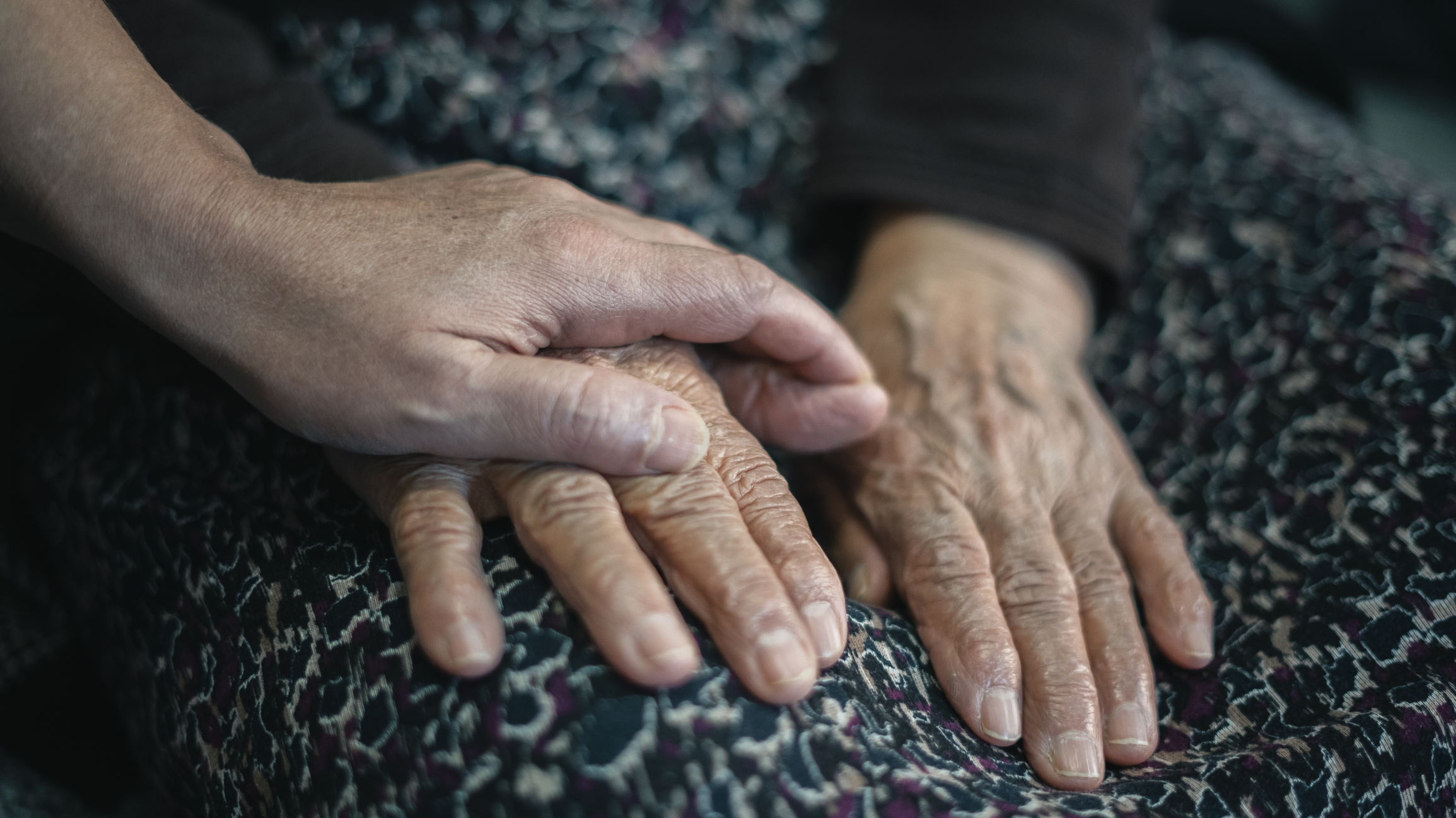I am asked all the time why in the world I would do something as difficult as working for hospice. People often ask, “Isn’t it so depressing?” It’s sad sometimes, yes. There’s really no way around that. But I don’t find my job to be depressing. In a way, it’s actually a sacred gift to me. The people I’ve met in their dying moments have changed my outlook on life, and far from depressing, I find their stories precious and inspiring.
[time-brightcove not-tgx=”true”]
Take Jason, 80, married, with children and grandchildren. When he was diagnosed with metastatic liver cancer and it was clear that he was in his final days of life, his whole family gathered in the home where he and his wife, Susan, had raised their children.
I had been Jason’s hospice nurse for a few weeks, and his condition, although terminal, remained stable. The last time I made a visit, however, his condition had changed.
In the couple’s bedroom, Jason was unconscious and unresponsive. Jason and Susan’s three children and several grandchildren were gathered around his bed, thumbing through a stack of photo albums. They were laughing and crying as each of them shared their favorite family stories and memories: trips to the lake, Christmas and holiday highlights, secret childhood mischief. The love surrounding Jason was everything anyone could ask for as they moved toward death.
Wanting to honor that time but also be available for whatever they needed, I stationed myself in an office space across the hall to record my notes about the visit. As I worked, I heard snippets of the family’s conversation.
“We love you, Dad. We love you.” “It’s so easy to love you.”
“You’ve been the best husband.” “It’s okay. You can let go.”
“We love you.”
The entire family had transitioned effortlessly with Jason’s sudden decline and were able to say goodbye the way they wanted. To me in the other room, it felt like a powerful, sacred love. It felt, ironically, like this type of death is what life is supposed to be all about.
What I do doesn’t feel depressing because I see patients get to have these beautiful deaths, being welcomed in love to a place that’s good. I get to witness families and friends really loving each other well. I get to help people who are dying feel comfortable as they die and help them and their loved ones embrace the reality of death—which helps them live better and die better. I see the power in what is possible as we faithfully accompany people toward death. And as professionals, or as loved ones, we have the power to make a real difference in people’s lives.
Read More: The Language of Hospice Can Help Us Get Better at Discussing Death
So often, I hear family members dismissing the experience of the person who is dying. It can sound a variety of ways:
“Don’t say stuff like that, Dad. You’re not going to die.”
“Don’t talk about how much you love me. You’re not going to die.”
“I don’t want to learn how to take care of the garden because you’re not going to die.”
I know this can be hard, but we do the person who is dying a disservice when we don’t let them speak their truth. They know that they’re dying, and they deserve space to talk about it. Is it comfortable talking about death? Rarely. Is it a way to honor and care for the person who is dying? Absolutely. It’s always time to talk about death. Talk about it when you’re sick. Talk about it when you’re not sick. Talk about it at the Thanksgiving dinner table. There’s never a time not to talk about death.
Talking about—and even simply being around—death is thought to be a painful experience. But it doesn’t have to be. Oftentimes, when a loved one is dying, I encourage their loved ones, to, pause and pay attention to what’s happening in you and around you. Notice the sense of stillness. Pause and be present in the moment. Notice what you feel and what you need. Take in the silence, or turn on music if you prefer.
At some point, you’ll make the call for the body to be removed from the home.
Eventually, you’ll phone everyone who needs to know.
Ultimately, you’ll handle other responsibilities. One day, you’ll wash the sheets and make the bed.
But when the person you love dies, there’s nothing that needs to be done immediately. Death is not an emergency. Give yourself the gift of pausing to be present.
Excerpted from Nothing to Fear: Demystifying Death to Live More Fully by Julie McFadden, RN with permission of TarcherPerigee, an imprint of Penguin Publishing Group, a division of Penguin Random House LLC. Copyright © Julie McFadden, RN, 2024.

